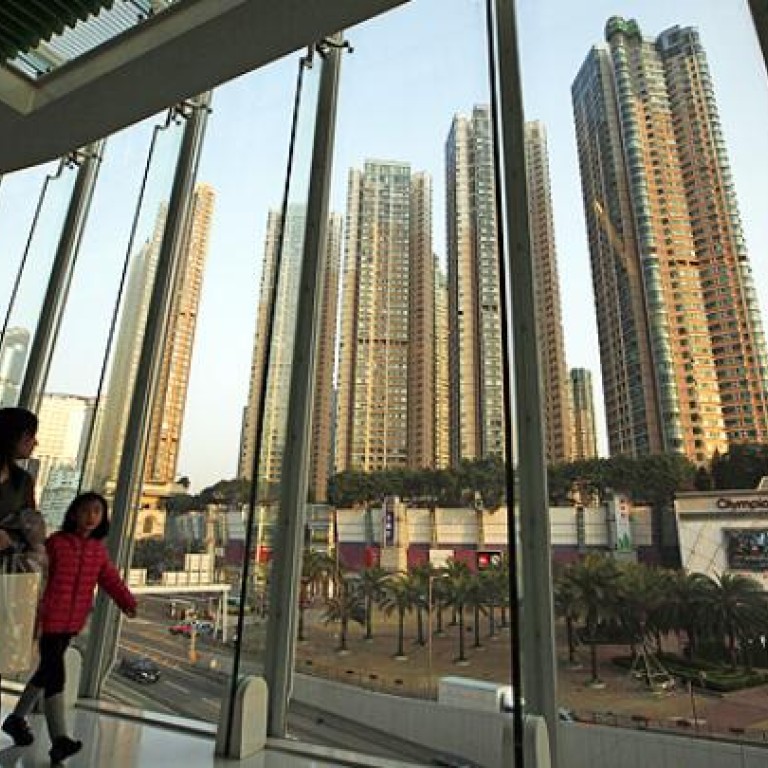
Hong Kong's relationship with mainland is no one-way street
If you were to judge Hong Kong's relationship with the mainland solely on the basis of what government officials here say, you would get a thoroughly confused picture.
If you were to judge Hong Kong's relationship with the mainland solely on the basis of what government officials here say, you would get a thoroughly confused picture.
On one hand, the government paints Hong Kong as a supplicant, begging for scraps from Beijing's table. In a volatile world, officials make out that the city's economic future relies on winning ever more special favours from Beijing.
In the financial sector, this dependence is so great that the chief executive is even setting up a new Financial Services Development Council designed specifically to plead our cause on the mainland.
On the other hand, our officials are putting up barriers to mainlanders coming here to spend and invest.
Having talked for years about how selling health services would become a new pillar of Hong Kong's economy, last year the government banned mainland women from the city's private maternity wards - the one area of the health sector that had actually succeeded in attracting significant numbers of customers.
Then the government initiated a "Hong Kong homes for Hong Kong people" programme which will bar mainland investors from selected new property developments, while slapping a punitive 15 per cent additional stamp duty on non-resident buyers of local properties. The message: we don't want either you or your money here.
Look more closely, however, and a different picture emerges. On examination, it becomes clear that far from being the one-way street the special pleaders imply, Hong Kong's relationship with the mainland involves just as much give as take.
And despite what the headlines say, the influence of mainlanders on our property market and other key sectors of our economy is far more muted than we have been led to believe.
The influence of mainlanders on our property market and other key sectors of our economy is far more muted than we have been led to believe
Although mainland speculators have been widely blamed for driving a doubling of property prices over the past four years, their impact has been greatly exaggerated, especially by developers and agents eager to rush locals into purchases with tales of hordes of cashed-up mainlanders heading this way.
When the government slapped an additional 15 per cent stamp duty on non-resident home buyers to deter mainland speculators, the impact on prices was minimal.
As the first chart shows, property prices rose almost as much in the four months after the introduction of the new tax as they did in the four months beforehand; good evidence that it was primarily locals, not mainlanders, responsible for propelling prices higher.
Meanwhile, the future of Hong Kong's financial services sector is far less reliant on special dispensations from Beijing allowing us to trade in the yuan than all the excitement about the internationalisation of the Chinese currency suggests.
Sure, the city's yuan-denominated business has grown explosively over the past two-and-a-half years. But it has grown from a very low base. For example, although Hong Kong's yuan deposits have expanded sixfold since mid-2010, as the second chart shows, they still make up only 8 per cent of the city's total deposit base.
Worldwide, less than 0.6 per cent of all payments are made in yuan, against 1 per cent for the Hong Kong dollar.
At the same time, however, mainland companies continue to rely heavily on Hong Kong's capital markets, especially to raise new equity. Last year, companies raised more than twice as much capital in initial public offerings on the Hong Kong stock exchange than in Shanghai.
As a result, it appears that Hong Kong's economic relationship with the mainland is far more nuanced than local officials try to make out.
On one hand, mainland influence is less than some claim, while on the other, the relationship is no one-way street, with Hong Kong giving at least as good as it gets.

